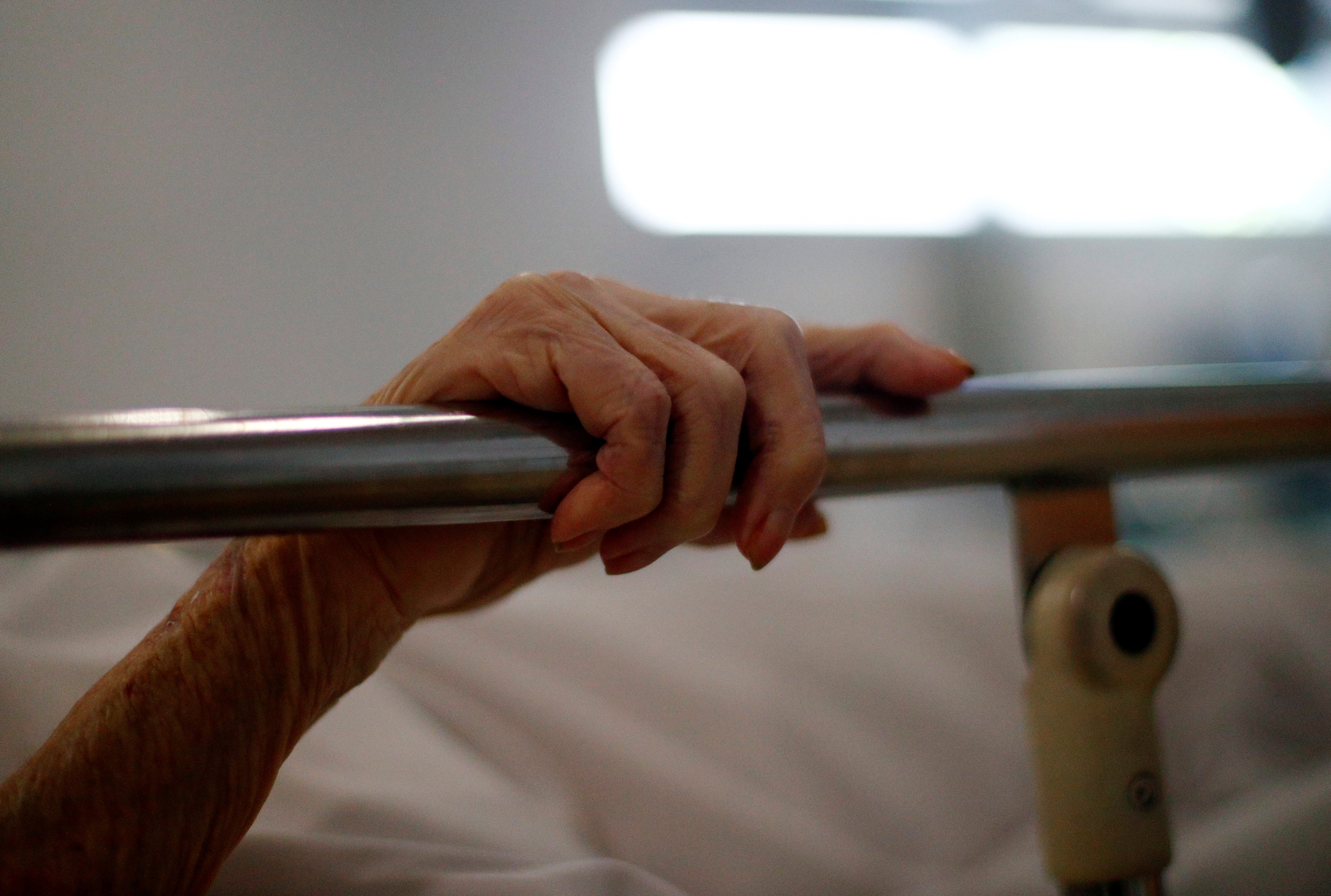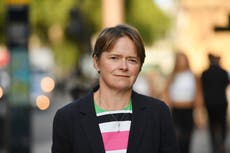Covid-19: Councils and hospitals told to find extra beds for coronavirus patients within two weeks, reports suggest
Efforts underway to minimise disruption and prevent another care home epidemic

Your support helps us to tell the story
From reproductive rights to climate change to Big Tech, The Independent is on the ground when the story is developing. Whether it's investigating the financials of Elon Musk's pro-Trump PAC or producing our latest documentary, 'The A Word', which shines a light on the American women fighting for reproductive rights, we know how important it is to parse out the facts from the messaging.
At such a critical moment in US history, we need reporters on the ground. Your donation allows us to keep sending journalists to speak to both sides of the story.
The Independent is trusted by Americans across the entire political spectrum. And unlike many other quality news outlets, we choose not to lock Americans out of our reporting and analysis with paywalls. We believe quality journalism should be available to everyone, paid for by those who can afford it.
Your support makes all the difference.Councils and hospitals have been told to find extra beds within two weeks in order to better isolate coronavirus patients than happened during the pandemic’s first spike, reports suggest.
As the NHS braces for the vast rise in new infections to translate into hospital patients, efforts are reportedly underway to create isolation units for recovering patients to free up space for those most in need of care.
And after the virus tore through care homes earlier this year, following weeks in which 25,000 hospital patients were discharged into social care settings ahead of routine testing, the plans to increase the number of “step down” beds are reportedly being made in a bid to prevent a similar catastrophe.
Disused care homes could be among the settings used to house these special isolation units.
“The rate of infection is going up, and I was told hospitals have reserved beds for people coming out of hospital who need somewhere to recover,” one MP briefed on such plans in London during a conference call with health bosses and other parliamentarians told The Telegraph.
"At the start of lockdown they were having to send people back to care homes or back to other facilities, with dire consequences, so they've booked places in respite care or empty care homes. People will go out of hospital, but they won't return to their normal place of living.
"They just need care before they go back home so that they empty the hospital wards."
A former minister also told the paper: "The effort is being made to step up capacity so that if there is a second spike the NHS doesn't fall so far behind with other types of care.
"Different parts of London are looking at different ways to handle that, but everyone has learnt that terrible lesson that you cannot discharge people into care homes if there is any danger whatsoever that they might be Covid positive, so there is a big effort to find extra beds.
"Brent rented an entire care home and they discharged their people into another care home. I think other places will be doing that as part of their efforts to get ready for a second spike."
Hospital admissions currently remain far lower than during the first peak of the pandemic.
But they have been steadily rising in England in recent weeks, sitting well above 100 per day in the past seven days for which data is available — a figure not topped once since July.
And with new daily cases having surpassed 3,000 for six of the past seven days and rates of infection more than doubling in a week in some areas, Boris Johnson warned on Wednesday that the rapidly rising numbers of infections would be followed by a “proportionate” spike in deaths.



Join our commenting forum
Join thought-provoking conversations, follow other Independent readers and see their replies
Comments